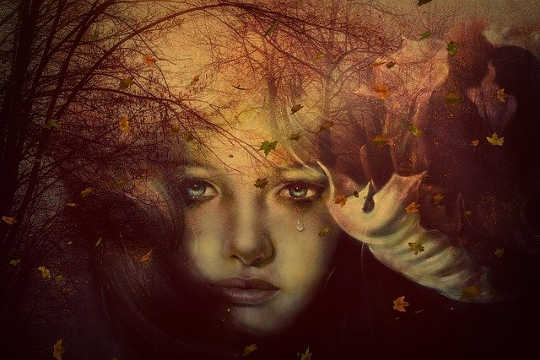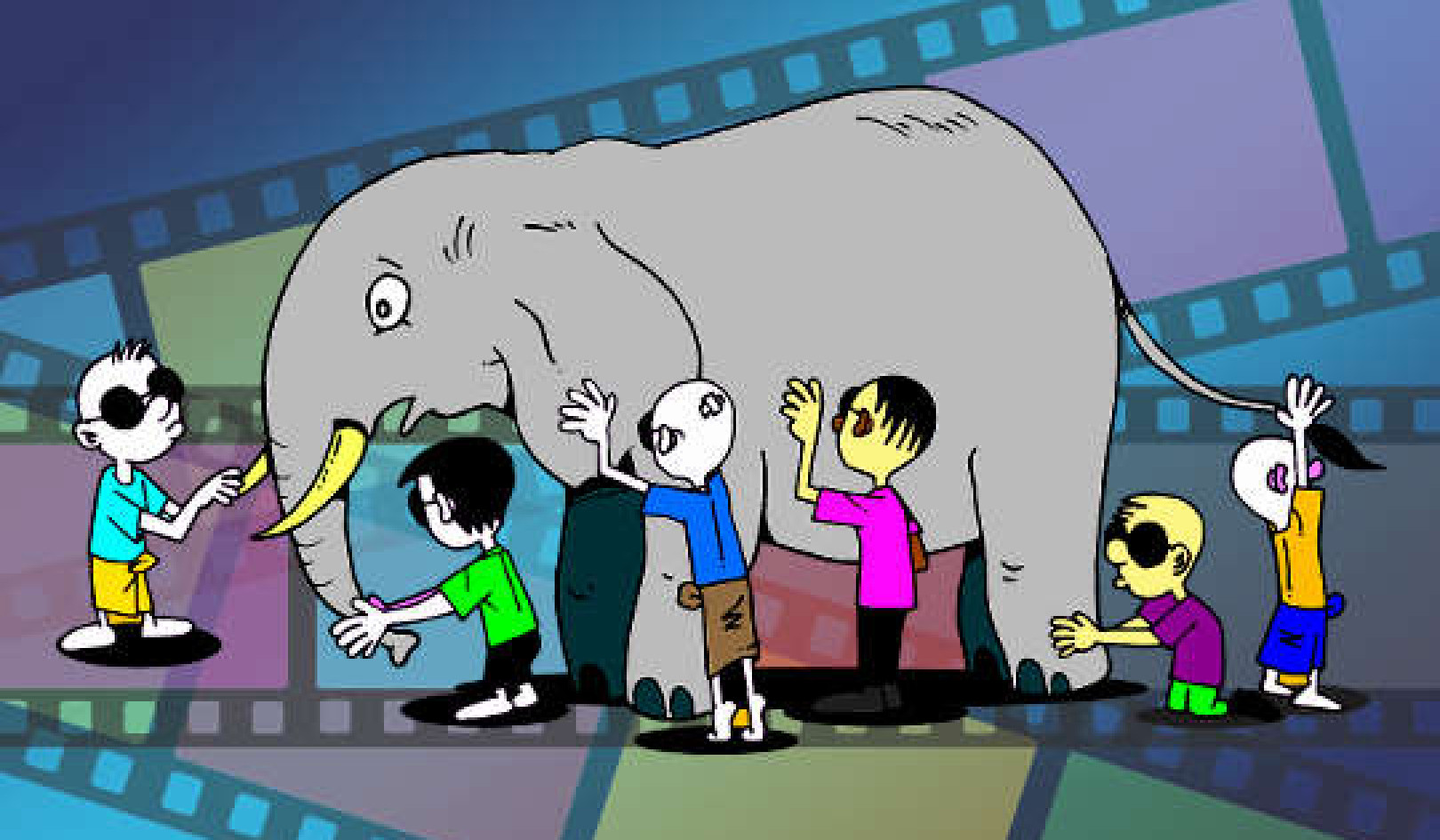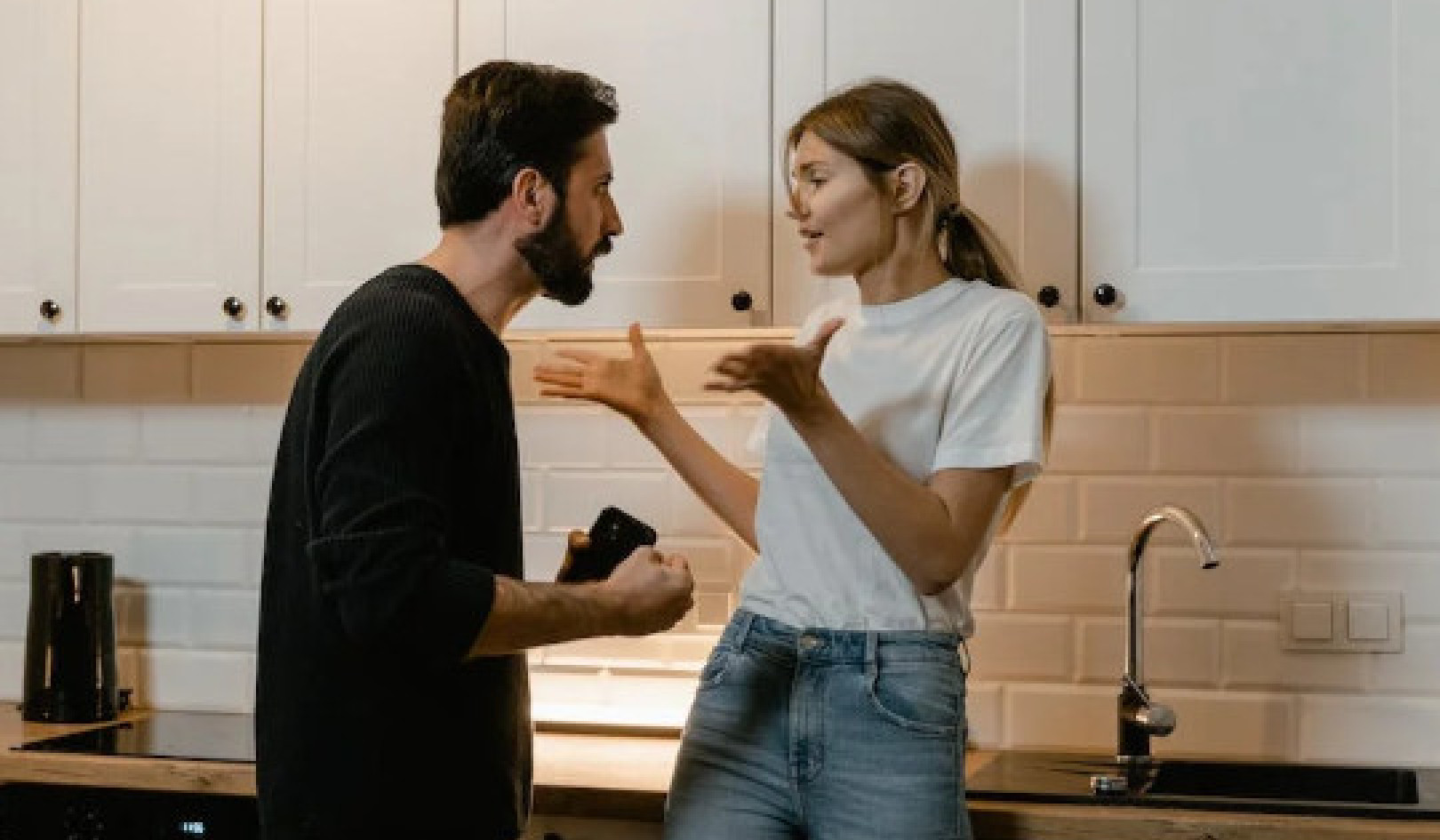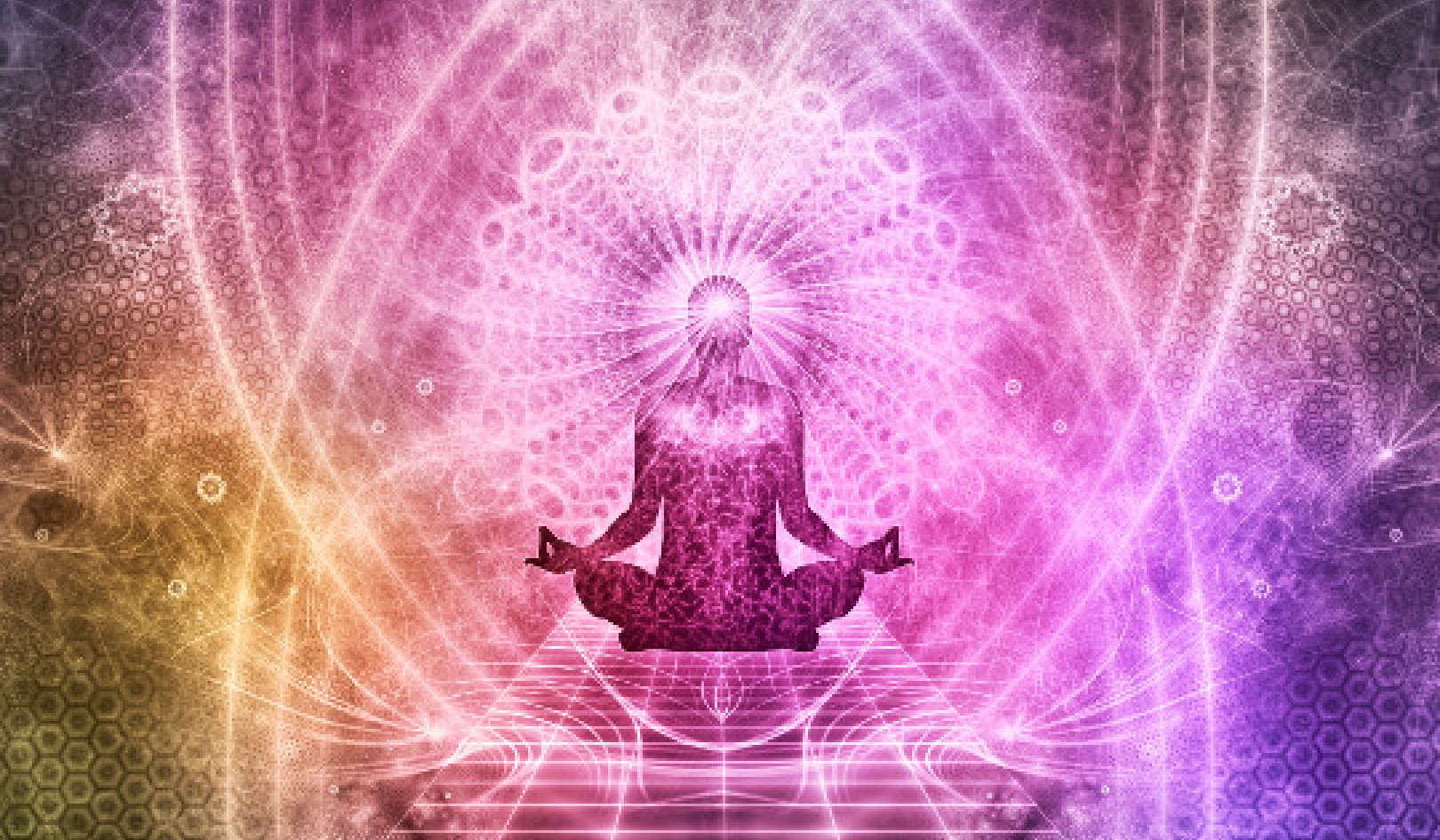
Image by Karen Smits
Intention is the ability to decide what it is we want to achieve and then setting out to achieve that goal. We use the power of intention in business, politics, and education. Can we use it in healing our pain?
When we set our intention to heal, we make a 100 percent commitment to take responsibility for our thoughts. We don't "try" to listen to our thoughts, or "hope" to listen to our thoughts, or "wish" to listen to our thoughts, we just do it. Even when we're not succeeding, we're still engaging the process. Just not successfully in the moment. How can we then choose those thoughts that will keep us open to the unlayering of our experiences and to the transformation that is at the core? By "setting our intention".
There is a state of consciousness we call the witness state. In the witness state, or objective consciousness, we begin to listen to the parade of our thoughts. We set our intent. We watch the thoughts go by as if we were watching a parade. We don't exercise critical judgment about what we are thinking; we simply become adept at watching our thoughts. We are eavesdropping on the conversation going on in our minds.
After a while we begin to recognize certain thoughts that promote a feeling of wellbeing as well as others that torque us and intensify feelings of anguish. Do we want the anguish? Sometimes the answer is yes. Can we protect ourselves from getting lost in the anguish? Can we provide a life preserver to get us out before we drown? What does choosing anguish do for helping us achieve our intention?
Two and a half years after the death of my father, my husband and I took a trip to Hawaii. It was my first time visiting the island. As we landed, I felt a wave of father-loss wash over me such as I had not yet felt. All I could feel was how gone my dad was. I was shocked by the intensity and the unexpectedness of these feelings. I told Bill immediately and we took a walk outside the terminal. In the warm gentle rain it was easy to weep, to be present for what I was honestly feeling. It passed through me in a very brief time. No more, and no less.
What does it take to be vigilant in moments of loss, so that we are not seduced by our own drama, our own tears? One of the dangers in grieving is the possibility of contamination. We contaminate the honesty of a moment's loss with any other loss that we have not yet integrated or acknowledged. When one grief bleeds into another, we can become promiscuous in our grieving. We get lost in an ocean of grief instead of negotiating the inlet of one specific loss.
The Pain of Loss
The pain of loss can be overwhelming. When we are in pain, everything in us wants to close down. In the process we often shut out precisely what we need. We lock ourselves inside with the pain as if an intruder has entered our home and, in locking the doors and barring the windows, we lock ourselves inside with the enemy. But is pain "the enemy" or is it there to remind us that we are in some kind of danger? Pain is a bio-feedback mechanism. It is a gift of evolution that lets us know something is wrong and we need to find out what it is. Accurately. If we identify the pain in our side as a result of a bruise and it is really a ruptured appendix, we are in trouble!
To penetrate the origins of our pain in relation to loss takes a great deal of attention and intention. We don't want to simply get rid of the pain through physical or emotional anesthetics until we have come face to face with what it needs to tell us. By honoring the presence of pain, by acknowledging the appropriateness of the pain, by being willing to face the pain, we pay attention to it in a way that begins to allow us to have a relationship with it. "What?" you ask, "have a relationship with pain?" Crazy as it might sound, pain is one path to the sacred.
The sacred is that which is holy. To be holy is to be whole. Pain and love are not two sides of the same coin, they are one coin. To love is to risk pain, to invite pain into our lives. The word "passion" comes from the Latin "to suffer". When we are most passionate, whether with a person or an idea, we suffer the loss of ourselves in another. And when that other leaves us, we are bereft.
The alternative to choosing anguish is to allow ourselves to stay open to the pain which, in effect, honors the love. There is a difference between staying open to the pain and collapsing in the pain. That is why we must pay attention to ourselves and our intention. What do we intend to do with this pain? How will we host this loss? It is up to us whether we lose ourselves in the loss or whether we use the loss as a path to deeper wisdom.
If the very essence of life is loss, then loss takes us to life's essence. The first half of a sentence is lost even as we are saying the second half. Each minute, as it goes by, is lost. Cells are dying as we speak. The Buddhist teacher, Thich Nhat Hanh, tells us that the rose is on its way to becoming garbage and the garbage is on its way to becoming a rose.
Paying Attention
Ignorance is not bliss! What we don't know we are thinking, can hurt us. The first step in healing is paying attention to what pulls us to one side or another. In those moments when we are alone and not actively engaged -- perhaps as we travel from one destination to another, as we wait in line at the bank, or on hold on the telephone, or in quiet contemplation at the beach or in the woods or at home -- practice listening to the thoughts parading through your mind. Notice the ones that are healing, supportive.
Notice those that create pain, doubt, and fear. Gently pluck the thoughts that are not going to take you where you want to go. Pluck the thoughts out as if they were weeds in your garden. Pluck them out, without judgment, anger, or resentment because they don't serve you and because it is your intention to heal.
For instance, if I find myself thinking that I will never see my father again and I notice a profound sadness, I pay attention to what comes next. If I continue to deepen into the loss in such a way that I suffer more and more deeply, I take a deep breath. I acknowledge the absence that his death brings to me. But I also acknowledge the many ways in which I continue to feel him, hear him, see him. In one such moment, I come to realize that although my father has been dead for four years my love for him has continued to grow in that time. Each day of my life the love I have for my father has gotten bigger, unimpeded by his physical absence. I love that thought! No one had ever told me that "growing" the love we have for someone is not dependent upon their being physically alive. I could not have arrived at that thought if I had continued spiraling down deeper and deeper into my suffering at his absence. My intention is to honor his presence not his absence.
By paying attention to our intention we commit to being present with our hearts open, allowing the free movement of feelings. We resist being attached to one feeling or resistant to another. Let them come and go. Grieving asks that we be fully present in our thoughts and then to choose, responsibly, those thoughts that honor the relationship for which we grieve.
©1998. Reprinted with permission.
Published by The Shiva Foundation. www.goodgrief.org
Article Source:
Good Grief: Healing Through the Shadow of Loss
by Deborah Morris Coryell.
 Slowly and eloquently, you are lead by the hand to the many treasures at the bottom of the well of grief. Along the way, you will be challenged to embrace all loss -- to refuse the impulse to avoid it or expect it to go away after a preordained period of time. You will also be urged to stop grading and comparing your losses with those of others and instead to embrace them fully. In the process, you will find that loss happens "for" you, not "to" you.
Slowly and eloquently, you are lead by the hand to the many treasures at the bottom of the well of grief. Along the way, you will be challenged to embrace all loss -- to refuse the impulse to avoid it or expect it to go away after a preordained period of time. You will also be urged to stop grading and comparing your losses with those of others and instead to embrace them fully. In the process, you will find that loss happens "for" you, not "to" you.
Info/Order book. Also available as a Kindle edition.
About The Author
 DEBORAH MORRIS CORYELL has worked in the health field for more than 25 years. She conceived and directed the Wellness/Education Program at Canyon Ranch in Tucson. In addition, she has counseled families and individuals confronted with catastrophic life situations. She lectures and leads programs throughout the country. She is co-founder and executive director of The Shiva Foundation, a non-profit organization dedicated to education and support for those dealing with loss and death. The Shiva Foundation, 551 Cordova Rd. #709, Santa Fe, NM 87501. 800-720-9544. www.goodgrief.org
DEBORAH MORRIS CORYELL has worked in the health field for more than 25 years. She conceived and directed the Wellness/Education Program at Canyon Ranch in Tucson. In addition, she has counseled families and individuals confronted with catastrophic life situations. She lectures and leads programs throughout the country. She is co-founder and executive director of The Shiva Foundation, a non-profit organization dedicated to education and support for those dealing with loss and death. The Shiva Foundation, 551 Cordova Rd. #709, Santa Fe, NM 87501. 800-720-9544. www.goodgrief.org
























